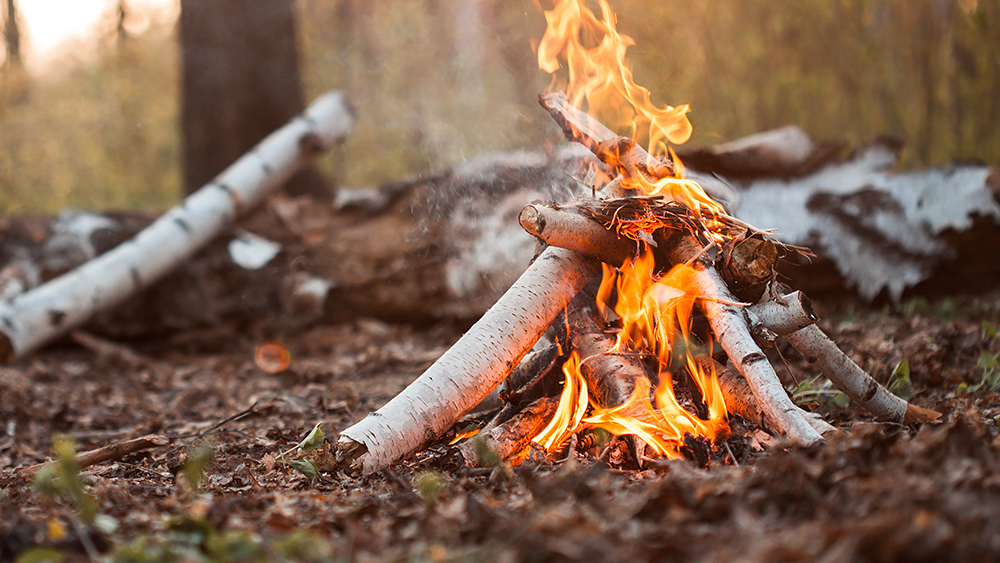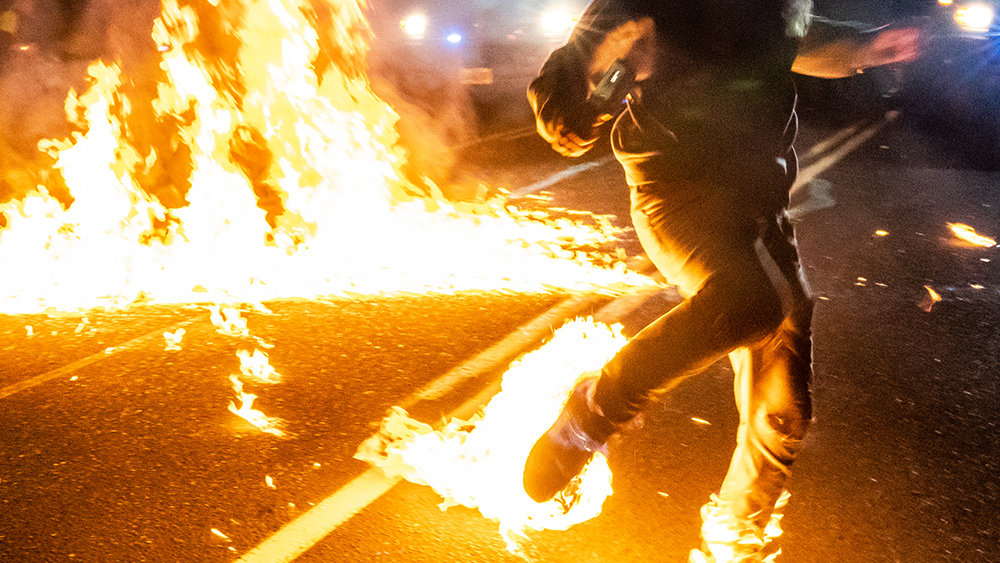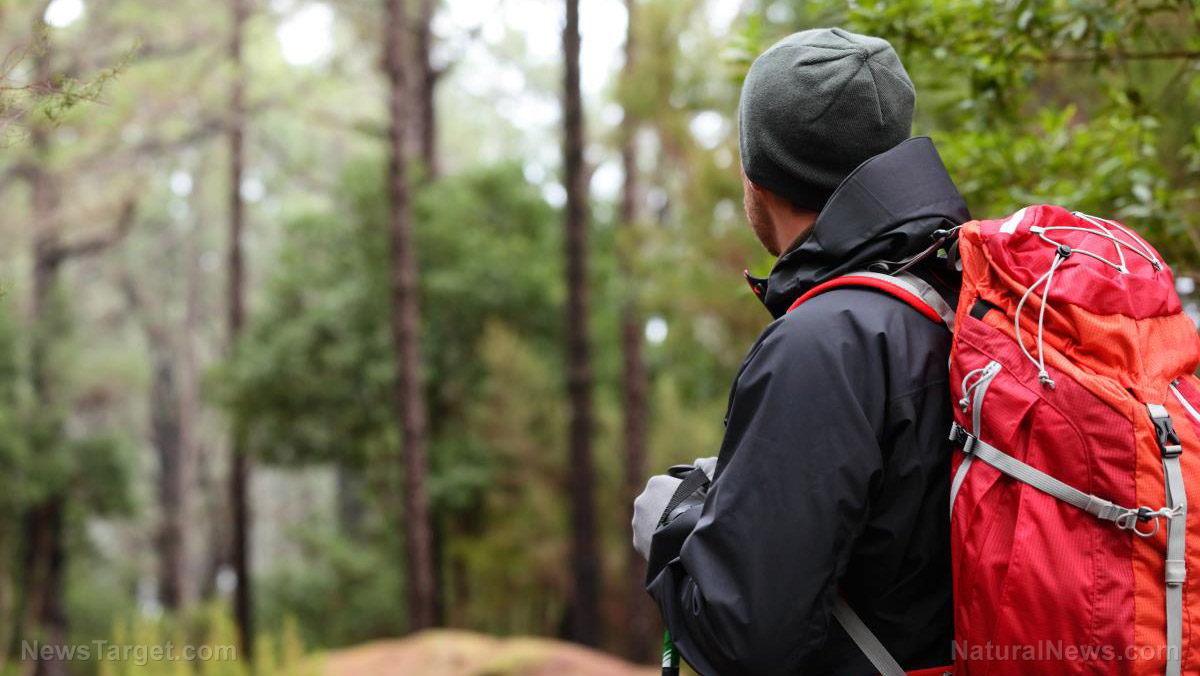
Learning different essential skills like gardening, canning and first aid is key to surviving in a post-SHTF world.
And even if the world doesn't collapse in your lifetime, these survival skills will be useful in your homestead. Read on to learn about 15 useful skills for preppers. (h/t to UrbanSurvivalSite.com)
Animal husbandry
Having a home garden is one reliable way to feed your family after disaster strikes. But if you're not vegan, you will need a source of meat.
Learning about animal husbandry can help put food on the table. If you're worried about animals taking up too much space on your homestead, raise smaller livestock like chickens, ducks, goats, pigs or rabbits.
Bartering
When SHTF, knowing how to barter means you can stock up on other items you can't grow or make on your homestead.
Butchering
If you decide to raise livestock on your homestead, butchering is another great skill to add to your prepping repertoire. Butchering animals will also benefit preppers who plan to hunt for food in a post-SHTF world.
Canning
Once you get the hang of gardening, learning about canning will also ensure that you can still enjoy garden vegetables that are only harvested during specific seasons like beans, corn, eggplants, sweet potato, winter melon and watermelon.
Aside from extending the shelf life of your harvest, you can also use excess home-canned food for bartering after SHTF. (Related: Survival skills: Side jobs that will help you earn money after SHTF.)
Firestarting
When SHTF, knowing how to start a fire means you can cook outdoors if the situation calls for it. Firestarting is also an useful skill to have when electricity goes out as it will allow you to boil water, cook food and stay warm.
First aid
After disaster strikes, you might not always have the option to go to a clinic or hospital for medical treatment. Learning important first aid skills is essential for treating minor medical emergencies at home.
Fishing
If you don't have the means to hunt after SHTF, you might have a better chance of putting fresh meat on the table by learning how to fish. And compared to hunting, it's easier to fish especially if you live near a pond, lake or river full of fish and other wildlife.
Foraging
If you don't have enough space in your home for a garden, learning how to forage will help you find food in the wilderness.
To become a successful forager, learn which plants are edible in your area, where to find them and how to identify them. Make sure you bring a book with detailed illustrations while foraging so you can properly identify edible plants and weeds.
Gardening
After a major collapse, finding food will be one of your main concerns. You can address this by stocking up on food and supplies and starting a home garden.
Once you get the hang of gardening, you can grow herbs, fruits and vegetables to ensure that your family still has access to nutritious food even after SHTF.
Home maintenance
After disaster strikes, you will need to know how to fix different issues at home like the plumbing and electrical wiring. Take basic classes now so you can get things fixed right away after SHTF.
Hunting
If your area is a good place for hunting, you can find food for your family using traps or firearms. Practice with your chosen firearm so you don't have to worry too much about bagging large game after a major collapse.
Navigation
Unless you plan to stay at home the entire time, knowing how to navigate without the help of GPS will be an essential skill. When you're living in a post-SHTF world, knowing how to navigate with a map and compass will help you survive.
Buy some maps and plan your bug-out routes so you can head to your bug-out location safely.
Sewing
After a large-scale disaster, you will have a much harder time buying new clothes and gear. Learning how to sew will make it easer to mend clothing and repair gear that you can no longer buy at stores.
If you're worried that you will lose electricity after SHTF, learn how to sew by hand.
Vehicle maintenance
After a major disaster, your car will help you reach your destination if you stock up on enough fuel. Learning how to maintain and repair your vehicle is important since you need to be able to rely on your car after SHTF.
Washing clothes by hand
A washing machine and dryer make doing the laundry an easy task. But after SHTF, knowing how to wash clothes by hand is going to be an important skill. This skill will be even more important if you no longer have electricity to power your appliances.
Before disaster strikes, make the necessary preparations and learn skills that will help you survive like bartering, hunting and navigation.
Sources include:
Please contact us for more information.





















